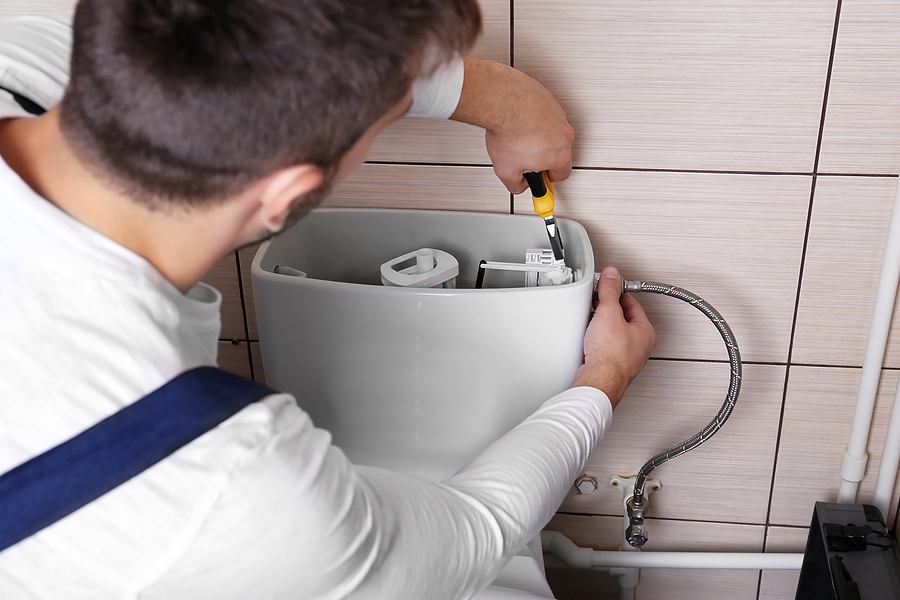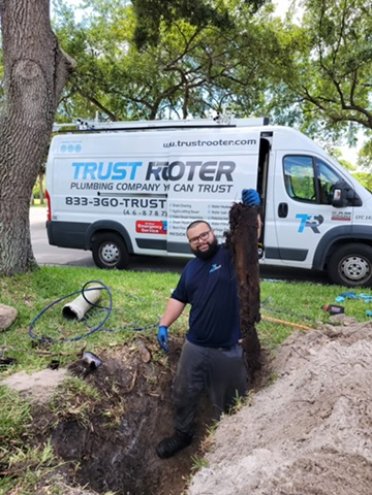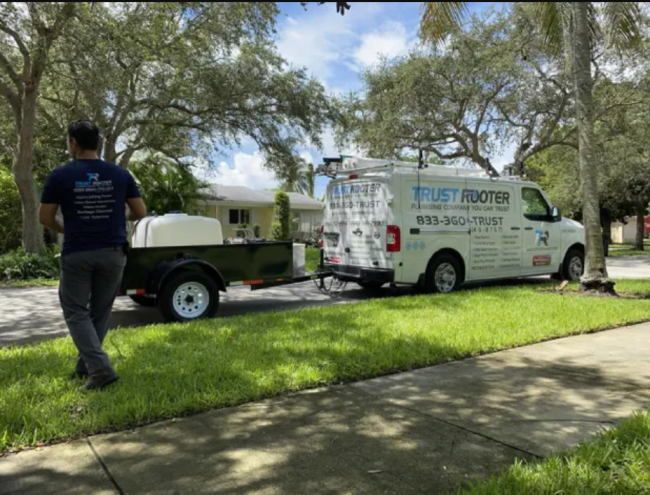How to Replace Your Toilet’s Water Supply Line
Maintaining a functional toilet is essential for any household. But it's imperative to take quick action when problems like leaks or damage to the water supply line arise. While calling a plumber or plumbing repair service is always an option, tackling certain tasks yourself can save time and money. One such task is replacing your toilet’s water supply line.
In this blog post, our professionals from Trust Rooter Plumbing & Drain Cleaning will walk you through the steps to accomplish this DIY project safely and effectively.
Assess the Situation
Before diving into the replacement process, it’s important to assess the condition of your toilet’s water supply line. Keep an eye out for leaks, corrosion, and wear. It's time to replace the supply line if you see any of these problems. In addition, collect the equipment and supplies required for the task, such as a new water supply line, an adjustable wrench, and a bucket or towel to catch any spilled water.
Turn Off the Water Supply
Start by shutting off your toilet's water supply. Find the shut-off valve, which is usually found behind the toilet on the wall. Once the valve is completely closed, turn it clockwise. Flush the toilet to remove any leftover water from the tank and bowl after turning off the water source. By taking this action, spills and leaks throughout the replacement procedure will be reduced.
Disconnect the Old Supply Line
Loosen the nuts holding the old supply line to the toilet tank and the shut-off valve with an adjustable wrench. Carefully disconnect the old supply line from both connectors when the nuts have been loosened. This step may cause some water to leak, so be ready with a towel or container to collect any drips.
Install the New Supply Line
It's now time to install the new supply line after the old one was removed. Start by attaching one end of the new supply line to the shut-off valve and making sure the adjustable wrench is tightened all the way. Next, use the same method to connect the other end of the supply line to the toilet tank. To stop any more leaks, make sure the connections are secure.
Turn On the Water Supply
To restart the water flow to the toilet after the replacement supply line has been firmly attached, carefully turn the water supply valve counterclockwise. As the water fills the tank, watch out for any leaks around the connectors. If you notice any leaks, tighten the connections further as needed until they are secure.
Test for Leaks
Flush the toilet after turning on the water supply, and look for any leaks near the supply line connectors. Inspect for any water buildup in the space beneath the toilet as well. Recheck the connections and tighten them as needed until the leaks are fixed if you find any.
Conclusion
Replacing your toilet’s water supply line may seem like a daunting task, but with the right tools and knowledge, it can be a straightforward DIY project. Without hiring a plumber or using plumbing service, you can replace the supply line on your toilet and get it working properly again by following these instructions. However, don't be afraid to ask for expert help if you run into any problems or have questions regarding any part of the procedure. You may rest easy knowing your toilet is in good working condition if your water supply line is operating correctly.
If you are in need of a toilet repair or toilet installation, contact our team at Trust Rooter Plumbing & Drain Cleaning today.



 Mar 31,2024
Mar 31,2024


